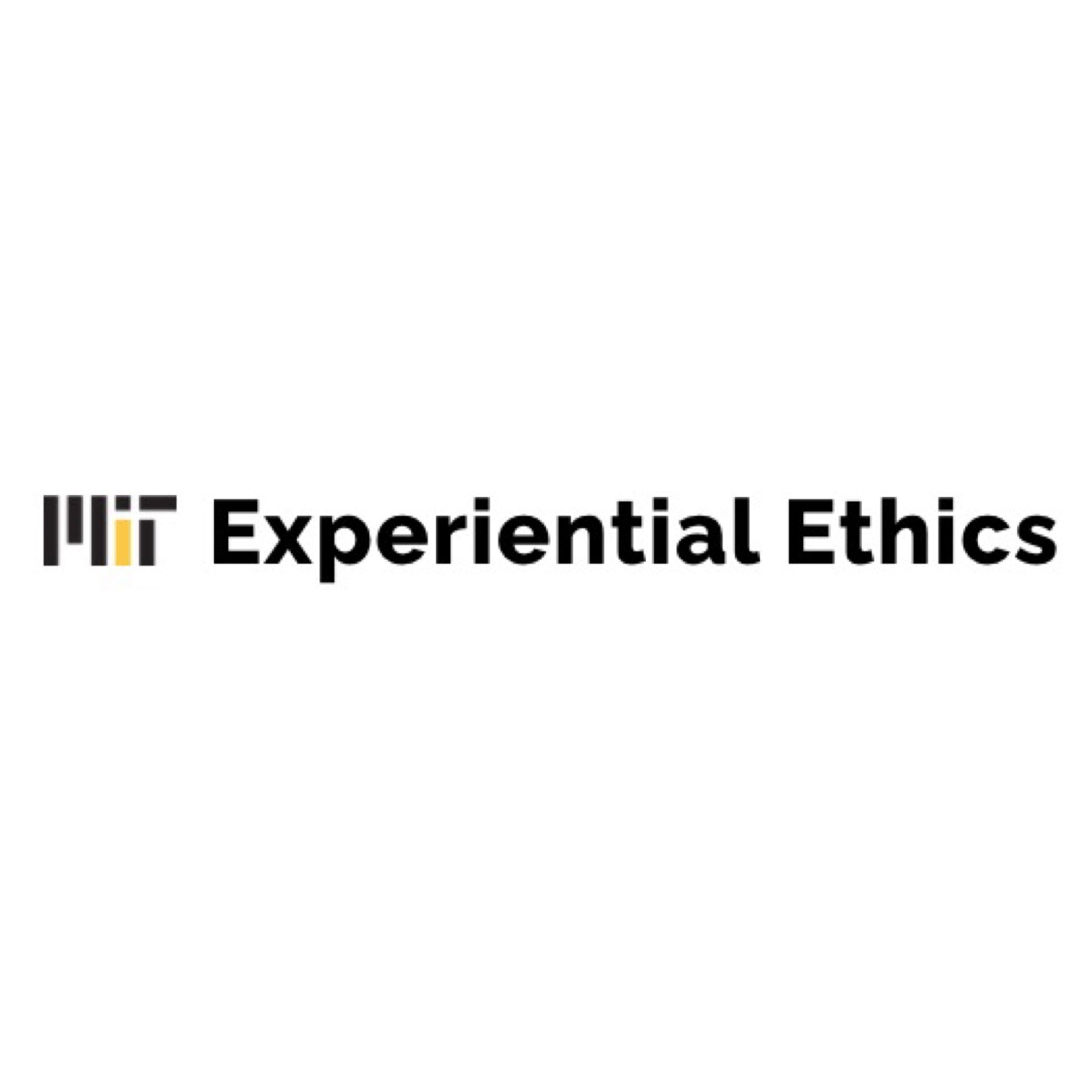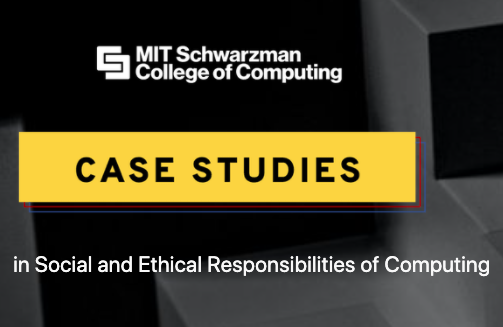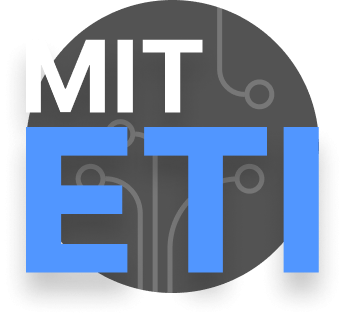24.133 Experiential Ethics

24.133 (Experiential Ethics) is a 3-unit class offered during the summer at MIT that can easily be taken alongside other MIT’s other experiential programs (UROP, PKG, MISTI, etc.). Experiential Ethics was created by the Office of Experiential Learning and the Department of Linguistics and Philosophy (the Philosophy Section specifically). In this course, students explore the ethical landscape of science and technology through discussing the ethical and social aspects of their summer experiences. This class gives MIT students the knowledge of how technology impacts various groups of people in a way that empowers them to pioneer change in the field of technology after they graduate. Experiential Ethics is a great supplement to any summer work, and introduces MIT students to embedded ethics education. Those interested in applying to enroll in Experiential Ethics for the summer of 2021 must do so by March 31, 2021. For more information, visit this link.
MIT Case Studies in Social and Ethical Responsibilities of Computing (SERC)

Faculty and students involved in Social and Ethical Responsibilities of Computing (SERC), a subgroup of MIT Schwarzman College of Computing, have launched a series of specially commissioned and peer-reviewed case studies to be used across a range of undergraduate classes and fields of study. These cases are intriguing, thought-provoking, and cover a wide array of technological, social, historical, philosophical, legal, and cultural topics that are necessary for the discussion of ethics in computation and data science. The cases are brief, interactive, and contain a set of discussion questions at the end that force the reader to think critically about how best to address instances of bias and discrimination within common practices of technology. While these SERC case studies are intended to be used as an assignment in various MIT classes in computer science and other fields for the students, they are of great relevance and interest to computing professionals, policymakers, and general readers. If you are looking for a digestable yet insightful read on ways in which technology can be ethically detrimental, these case studies are a wonderful place to start. Learn more about MIT Case Studies in SERC here.
